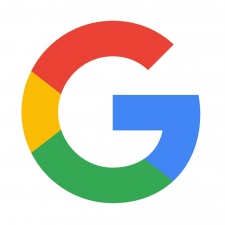Google accused of misleading its advertisers on over 80% of ad placements | Pocket Gamer.biz

A new report by research firm Adalytics has accused Google of violating their advertising standards through their Google TrueView programme and Google Video Partners for the last three years.
In essence, according to the report, although customers were told that their videos would be “skippable, audible, and initiated by viewer action” instead these adverts were served in out-stream video players, auto-playing without user interaction and played continuously on a loop thus violating Google’s own standards.
While only 20% of the TrueView ad campaign budget was delivered against YouTube channels, 80% was delivered against third-party apps and websites.
According to Adalytics, “One digital advertising professional who was shown an advanced copy of this report said ‘repackaging shitty, brand-unsafe outstream as instream is a big problem.’ The professional further stated ‘that seems like a fraud’.”
And it appears that mobile gaming was not immune to this sharing of ads. Notably, although Google itself specified that the placing of advertisements through the programme in mobile games would be inconsistent with their standards, 22% of all TrueView ads were served on invalid mobile applications.
Titles such as Words With Friends and Candy Crush Saga were designated as particularly large recipients of the TrueView ad spend. With Candy Crush Saga in the top five for both iOS and Android.
It should be noted that Google does specify that ads may be served to third parties, these will usually be trusted sources such as Google Video Partners. “Google Video Partners are high-quality publisher websites and mobile apps where you can show your video ads to viewers beyond YouTube,” they quote.
Potential knock-on effects
It’s particularly relevant to see major titles like Candy Crush Saga and Words With Friends being named directly. As a huge amount of revenue in mobile gaming comes from ads, the potential fallout from this report could be immense and represent significant concern for Google and its customers.
On Twitter, numerous users have specifically pointed out that these violations would possibly mean advertisers who used the service are eligible for refunds. In which case, more than any fine, recompensing their own customers may prove to be disastrous for Google to the tune of billions of dollars.
Other analyses, specifically the Wall Street Journal’s take – which independently confirmed the placement of many ads themselves – support the seriousness of these allegations.
Google has so far denied claims, but it currently remains unclear as to what the outcome will be.
Google has already suffered a number of setbacks due to its perceived dominance in advertising and anti-competitive practices, which most recently saw legal action levied by the European Commission. This latest news could add more fuel to that fire and encourage legislators to scrutinise the company even more closely.



